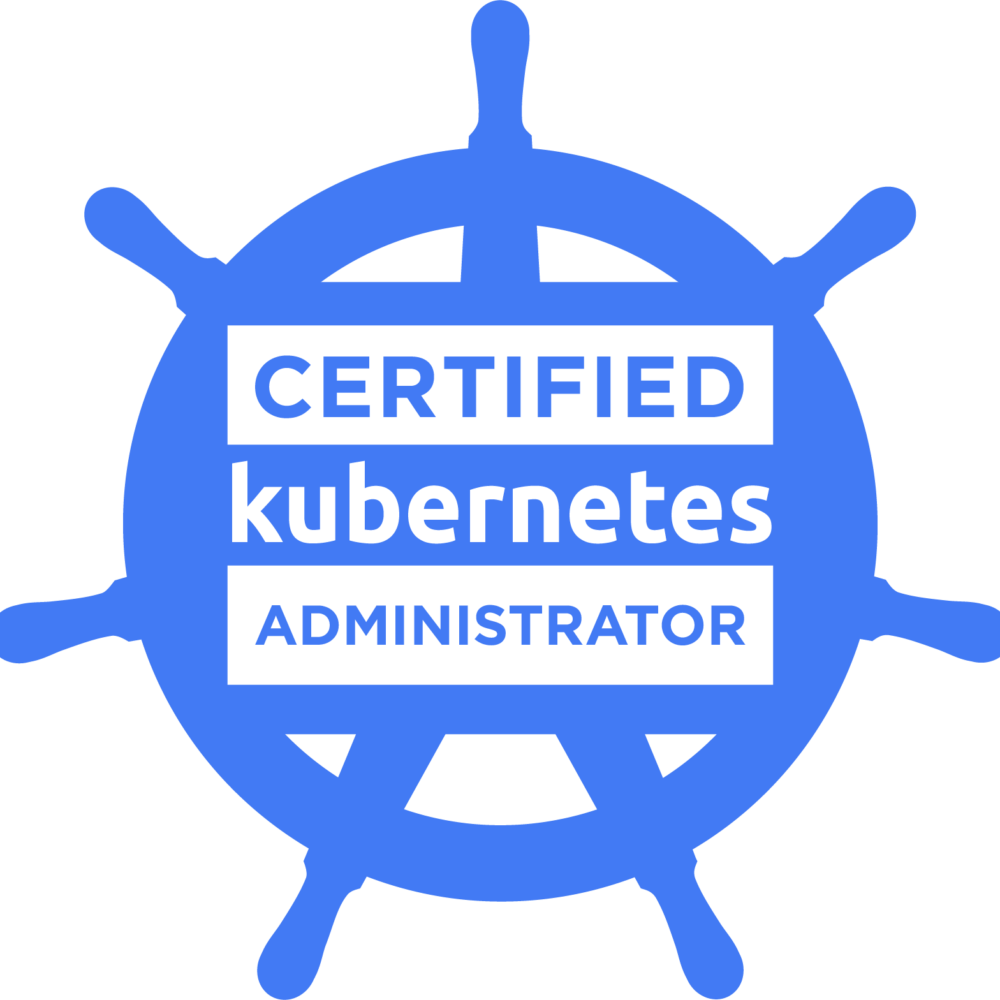In today's dynamic digital landscape, Kubernetes has emerged as the de facto standard for container orchestration, enabling organizations to deploy, scale, and manage containerized applications with unparalleled flexibility and efficiency. However, with great power comes great responsibility, and ensuring the security of your Kubernetes clusters is paramount to safeguarding your applications, data, and infrastructure. That's where the Certified Kubernetes Security Specialist course comes in.
Understanding the Course
The Certified Kubernetes Security Specialist course is designed to equip IT professionals with the knowledge and skills necessary to secure Kubernetes clusters effectively. Developed by industry experts and backed by rigorous certification standards, this course provides a comprehensive overview of Kubernetes security principles, best practices, and hands-on exercises to reinforce learning.
Course Objectives
Understanding Kubernetes Security Concepts: Participants will gain a deep understanding of Kubernetes architecture, including its components, communication channels, and potential security vulnerabilities.
Securing Cluster Components: Learn how to harden Kubernetes cluster components such as the API server, etcd, kubelet, and container runtime against common security threats.
Authentication and Authorization: Explore authentication methods, including certificate-based authentication, token-based authentication, and integration with external identity providers. Understand role-based access control (RBAC) and implement fine-grained access controls to limit privileges within the cluster.
Network Policies: Learn how to enforce network segmentation and control traffic flow between pods using Kubernetes Network Policies. Understand how to secure pod-to-pod communication and protect against unauthorized access.
Container Security: Delve into container isolation mechanisms, image security best practices, and runtime security considerations. Explore techniques for scanning container images for vulnerabilities and implementing runtime security measures to detect and mitigate threats.
Monitoring and Logging: Discover how to set up monitoring and logging solutions to track cluster activity, detect security incidents, and troubleshoot issues effectively. Learn how to leverage Kubernetes auditing features and integrate with external logging and monitoring tools.
Security Best Practices: Gain insights into industry best practices for securing Kubernetes clusters, including regular vulnerability assessments, timely patch management, and disaster recovery planning. Understand the importance of ongoing security testing and compliance validation.
Who Should Enroll?
The certified professional Terraform assessor course is ideal for IT professionals, DevOps engineers, system administrators, and security practitioners responsible for designing, deploying, and maintaining Kubernetes clusters in production environments. Whether you're new to Kubernetes or looking to enhance your existing skills, this course offers valuable insights into securing containerized applications at scale.
Conclusion
In an increasingly interconnected world, securing Kubernetes clusters is essential to protect against evolving cyber threats and ensure the integrity and availability of your applications. The Certified Kubernetes Security Specialist course provides a structured learning path to help you acquire the knowledge and skills needed to implement robust security controls and mitigate risks effectively. Enroll today and take the first step towards becoming a certified Kubernetes security expert.






Comments